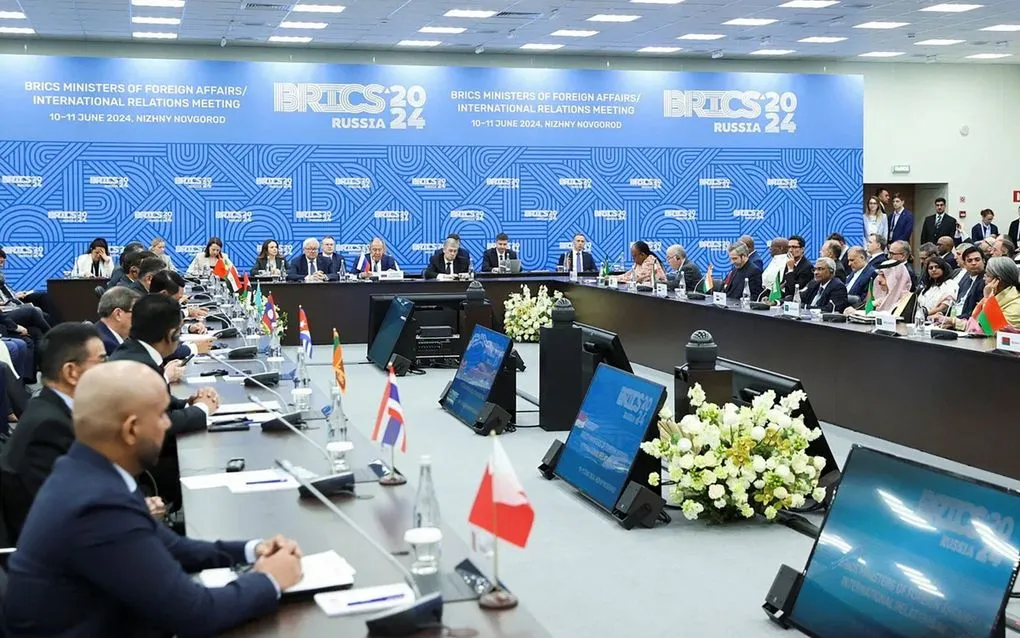Turkije's Formal Application for BRICS Membership Signals Strategic Realignment

BRICS Application by Turkije: A Strategic Move
On Monday, Turkije formally submitted its request for BRICS membership. A spokesperson for President Recep Tayyip Erdogan noted that concrete steps—such as other BRICS members' decisions regarding Turkije's membership—have yet to be taken. The application will be discussed at the upcoming BRICS summit from October 22 to 24 in Kazan, Russia.
This bloc was established in 2009 by Brazil (B), Russia (R), India (I), and China (C), with South Africa (S) joining the following year. Initially, BRICS was not taken seriously, often seen as merely symbolic. However, the organization gained attention earlier this year after expanding significantly with the inclusion of Egypt, Ethiopia, Iran, and the United Arab Emirates.
Rise of Non-Western Alliances
- Haroon Sheikh, a senior researcher with the Scientific Council for Government Policy (WRR), claims that "Turkey aims to build relationships with all major powers."
- As rivalry intensifies among major powers like the U.S., Russia, and China, many are adopting a strategy of "multi-alignment."
Changing Geopolitical Landscape
Annette Freyberg-Inan, a professor at the University of Amsterdam, stated, "Turkije does not want to belong to just one camp." Since the tenure of former foreign minister Ahmet Davutoglu (2009-2016), Turkey has aimed to position itself as a dominant force in the region.
This strategy includes cultivating connections through the Organization of Turkic States, enhancing ties with culturally linked nations, and acting as a neutral mediator, maintaining relationships with both Moscow and Kyiv.
Sheikh further pointed out that this realignment means less emphasis on relations with the West. Erdogan maintains that BRICS membership is an addition to existing international collaborations such as NATO.
Signaling to the West
Freyberg-Inan interprets Turkije's BRICS application as a **sign** to the West. She believes there is an increase in politicization, with BRICS presenting itself more as a counterbalance to Western influence. This sentiment has grown as the non-Western world emerges stronger on the geopolitical stage.
Could potential BRICS membership affect Turkey’s relations with other NATO allies? Sheikh argues that being part of both BRICS and NATO should not inherently cause issues, as BRICS focuses on economic collaboration while NATO is a military alliance. However, the practical implications could strain relations with NATO allies, particularly given Turkey’s close ties with Russia.
Sheikh also believes there would be minimal impact on Turkey's EU candidacy, as many do not foresee successful membership attempts after decades of stalled negotiations. The BRICS membership request could stem from frustrations directed at the West and specifically the EU, according to former diplomat Sinan Ülgen.
This article was prepared using information from open sources in accordance with the principles of Ethical Policy. The editorial team is not responsible for absolute accuracy, as it relies on data from the sources referenced.